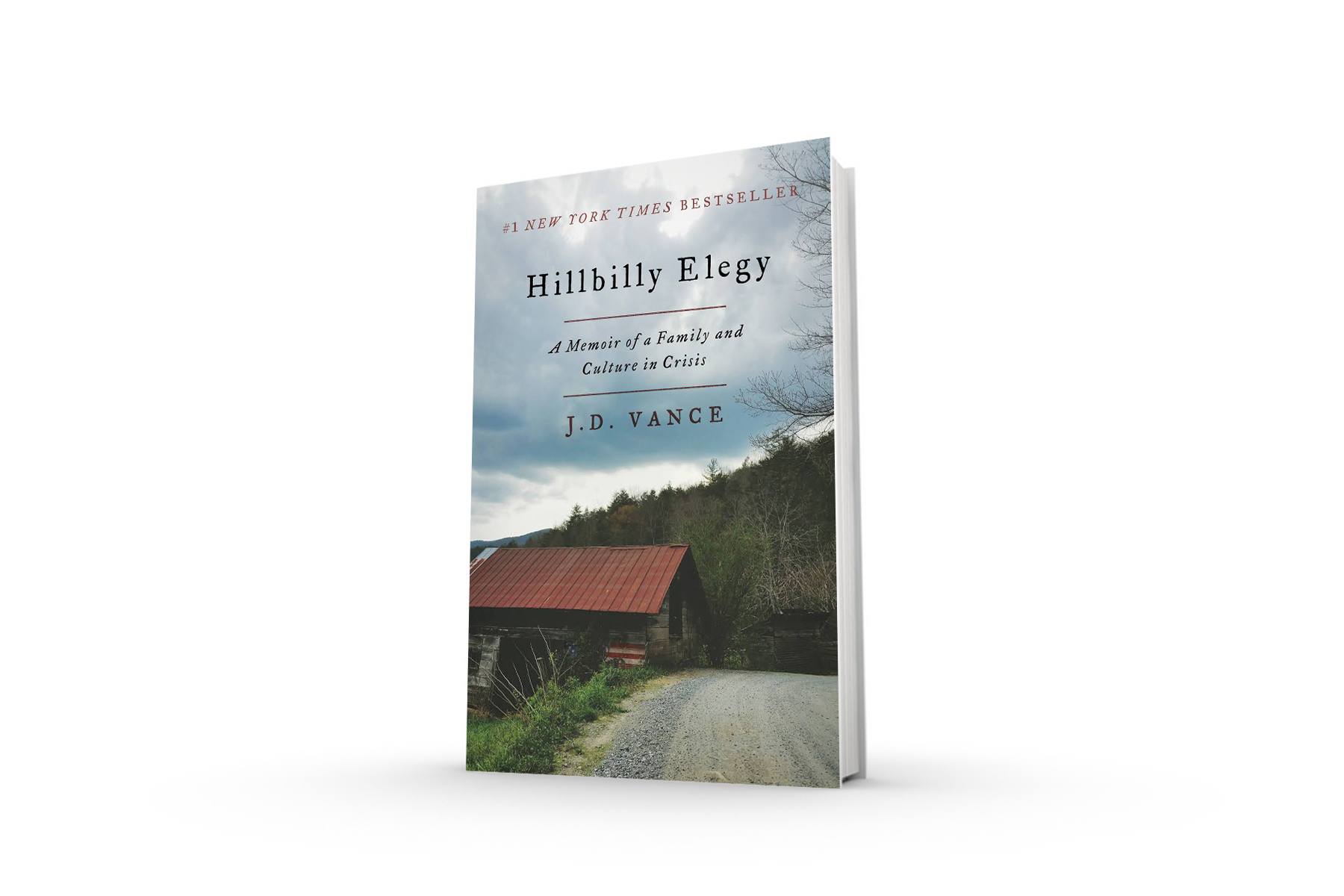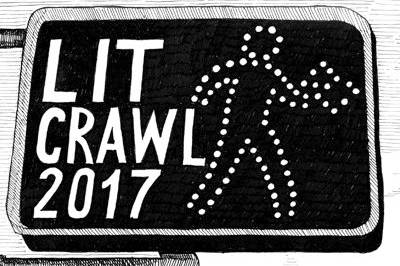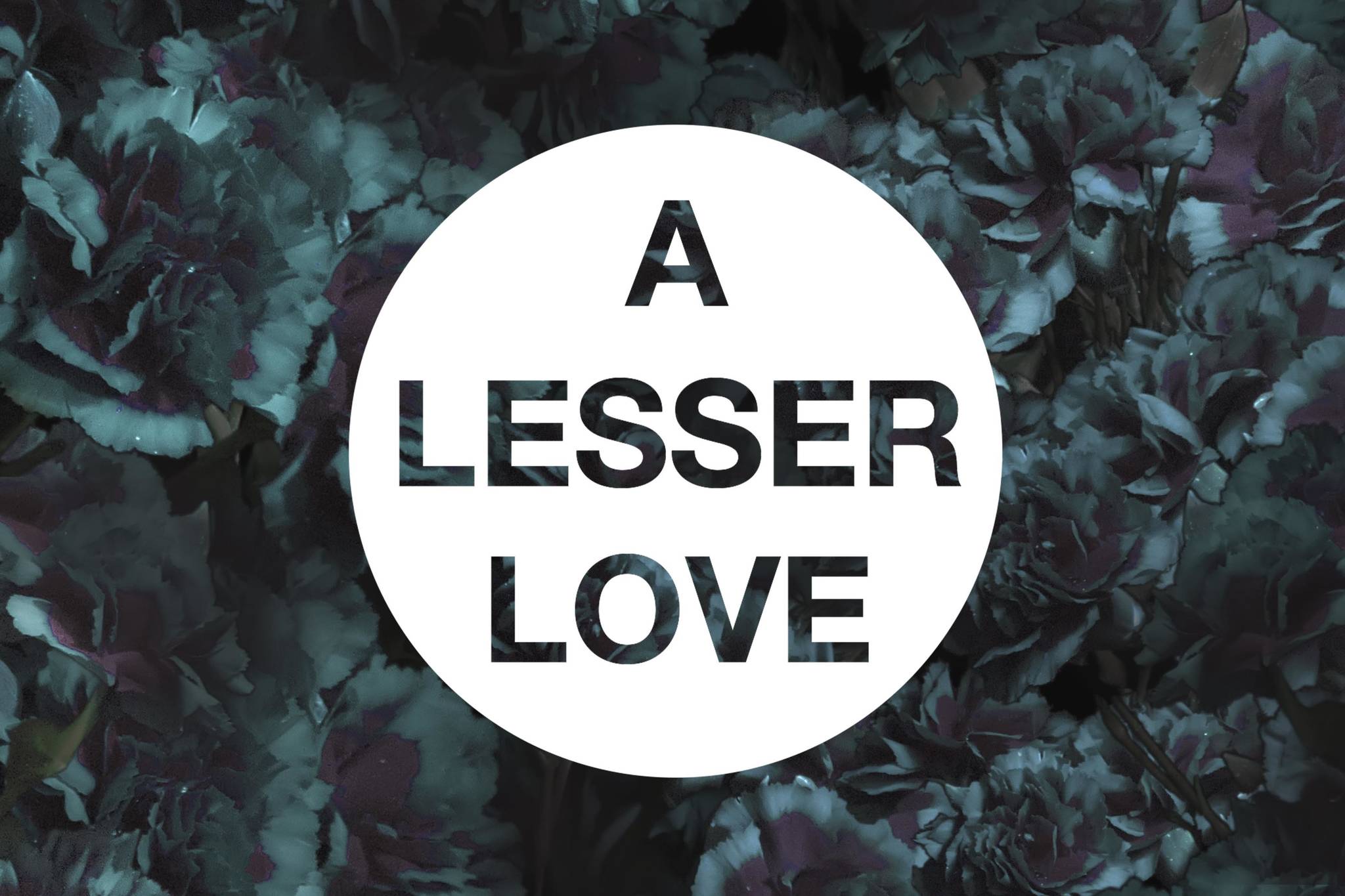In the wake of Donald Trump’s election, it should be obvious to everyone that the Urban Archipelago concept promoted by thinkers like Richard Florida—the idea of cities as strongholds of liberal progress—was a dead end. As liberals spent 12 years building cities into citadels of progressivism and waiting for national demographics to shift our way, we allowed the Rust Belt to erode, and we fostered an us-versus-them relationship with rural America. This is probably the greatest political miscalculation of our time. We learned on November 8 that when we’re not trying to win over the whole country with our policies and our messages, we’re setting ourselves up for … well, the world outside our window right now.
This is not a call for weak-kneed centrism; quite the opposite. I’m saying that progressives need to stop facing inward. There is an eager audience for good progressive policy in every single state in this union. On the same night that Donald Trump won the election, four out of four statewide initiatives to raise the minimum wage passed with popular acclaim. Three out of four statewide initiatives favoring common-sense gun laws won. The fact is that states that voted for Trump also voted for progressive ideas. People who twice voted for President Obama this year decided to vote for Donald Trump. It’s complicated.
I’m not naively suggesting that Trump ran a campaign built solely on economic insecurity. His campaign was racist and sexist, deeply divisive and hateful, and it is incumbent on those of us with privilege to protect and amplify minorities in Trump’s new bullying America. But what he did was correctly identify America’s economic insecurity, then falsely frame economic vitality as an either/or question: Either we get rid of these brown people or everything is lost. Progressives failed to counter that proposition with a meaningful message of inclusiveness and prosperity. Yes, some portion of Trump voters supported him specifically because they hate people of color and women. We cannot and should not seek the support of bullies and bigots; we should continue to call them out and shame them and hold them accountable for their monstrous words. But we absolutely need a better answer for those rural Americans who feel abandoned, scared, and forgotten than just telling them to move away from their families and to a coastal city.
So what’s the answer? How do we move forward? Well, let’s look to one of the great political successes of our time. We learned with same-sex marriage that what wins elections and definitively defeats bigotry is when people share their stories. When people come out to their co-workers, it’s awfully hard for those co-workers to be against gay marriage. When you know people negatively impacted by draconian immigration laws, you’re more likely to be against those laws. We’ve had great successes with the minimum wage and secure scheduling in Seattle because low-wage workers shared their stories in a way that upper-class tech workers could understand. Sharing our stories, and listening to the stories of others, is the best way to create meaningful change.
This is where you come in. If you’re looking for something to do to break this chain of fear and insularity, you can start by educating yourself. If you want to cultivate empathy and understanding in the world, you can share your knowledge and experiences, and listen to the knowledge and experiences of others. I firmly believe that humanity has devised no greater engine of empathy than books. Books are how we understand the world and share our experiences. Most great civic conversations begin with a book.
And so with that in mind, Seattle Weekly and The Seattle Review of Books are teaming with Third Place Books Seward Park for a project called Reading Through It, a monthly book club to examine and discuss the causes and effects of Trump’s presidency. The first Reading Through It will be on Wednesday, December 7 at 7 p.m., and we’ll discuss Hillbilly Elegy, J.D. Vance’s New York Times bestselling memoir about poverty-stricken white America. We’ll meet at Third Place at 7 p.m. on the first Wednesday of every month thereafter. Our second book discussion, on January 5, will be centered around Claudia Rankine’s poetry collection Citizen: An American Lyric. Third Place will sell that month’s selection at 20 percent off for the month before the reading. But if you get the books through the library, that’s OK too; these are free events open to all who want to talk and to listen, and we’re eager for your suggestions for future discussion titles.
Things won’t improve if we revert to the impotent liberal outrage that followed the election of 2004. Relentless ridicule and scorn and smugness don’t work. Sharing righteous political memes on social media might drop a few milligrams of endorphins into your cerebral cortex, but it has absolutely no other effect on the world. What if, rather than confirming your beliefs on Facebook, you talk with your neighbors, admit what you don’t know, and listen to people who are different from yourself? That’s how things happen. You can’t shutter the doors and wait for things to change; you’ve got to open them wide and be ready to welcome people as they walk in. There’s a seat for you at our table; I hope you’ll join us. Third Place Books Seward Park, 5041 Wilson Ave. S., 474-2200. Free. 7 p.m. Wed., Dec. 7.
rti@seattleweekly.com








